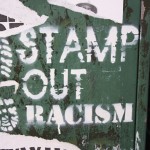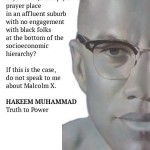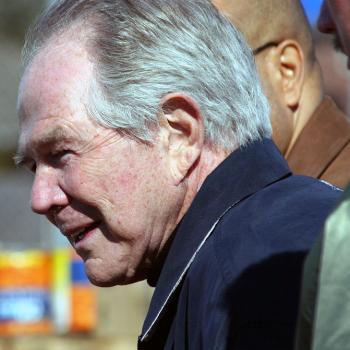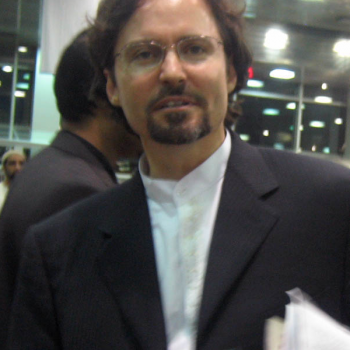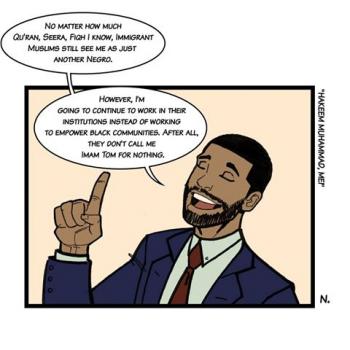
As-Salaam Alakium,
Recently, there have been numerous discussions predicated upon seeking to increase dialogue between Islamic scholars and various Muslim activists. Many people have sought to create initiatives to bring Muslim activist more under the tutelage and guidance of Islamic scholars. In light of this, I would like to pose a question directed to Islamic scholars about a theological inquiry that I have been thinking of extensively. This question fundamentally shapes my activism.
First Question.
To provide context to my first question: African-Americans are the descendants of West Africans who created some of the greatest Islamic institutions in the world. Nonetheless, the process of slavery interrupted, disrupted, and negated the ability of black people to transgenerationally transmit Islamic knowledge to descendants. Afropessemist utilize the term ‘natal-alienation’ to describe the manner in which black slaves were denied the right to utilize the wisdom of their ancestors into their lives. Such was the case of West African Islamic scholar Abu Bakr whose slave narrative laments about the fact that due to the oppressive nature of slavery. He worries that Islam may not be among his future descendants.
From my understanding, Sunni Islam is based upon an intellectual tradition which has to be transmitted transgenerationally in order to be preserved. Slavery completely disrupted the ability of black Muslims to transmit religious knowledge and black people under the confines of slavery had been systematically cut off from the intellectual traditions of Sunni Islam. Islam was wholesale taken from black people due to the process of slavery. No foreign Shaykh, no foreign scholars, nor did the Ottoman empire which is often lauded by political islamist as “the protector of the ummah” came to the defense of black muslims when Islam was being robbed from them. Due to slavery, black people began viewing a white image of Jesus Christ as God. Yet, black people made their journey back to Islam largely independent of foreign influence.
In “Islam and the Blackamerican: Looking Toward the Third Resurrection”, Dr. Sherman Jackson writes that the departure of the Honorable Elijah Muhammad and the mass conversion of African-Americans to Sunni Islam under Imam W.D Muhammad coincided with massive the influx of Immigrant Muslims who, “introduced theological, juridical, and revivalist discourses that effectively banished native Blackamerican instincts and understandings to the periphery.”Due to this history, I am skeptical of the ability of black Muslims under foreign Islamic tutelage to look toward their tradition for their own empowerment and be on an equal footing relative to immigrant Muslims when black Muslims have been so systematically isolated from the traditional Islamic sciences.
Malcolm X himself stated,”Much to my dismay, until now, the Muslim world has seemed to ignore the problem of the Black American.” My question is: Can scholars who are not cognizant of the social-political reality of anti-blackness nor black religion (the theological questions uniquely impacting black people that have emerged from the experience of slavery) provide spiritual guidance to black Muslims which is conducive to our continued struggle against white supremacy? Why should I as a black Muslim activist accept the guidance of traditional Islamic educational centers of the Muslim world whom Malcolm X says have seemed to ignore the problems of black Americans?
Second Question:
My next question emerged as I was reading Dr. Sherman Jackson’s Islam and the Blackamerican: Looking Toward the Third Resurrection. Dr. Sherman Jackson states:
“The traditional Islamic sciences had rarely been used to empower Blackamerican Muslims. Rather, they had been routinely deployed as instruments for bludgeoning them into conformity. As a result, especially among those who descended from the Nation of Islam, there developed a sense that any attempt to gain authority on the new criteron would render one a permanent follower of Immigrant, old guard, or oversea masters.”(Islam and the Blackamerican: Looking Toward the Third Resurrection)
In this statement, I believe Dr. Sherman Jackson is referring to the community of Imam Warrith Deen Muhammad which is the Sunni off-shot of the original Nation of Islam. However, I believe the mentality which he describes is best embodied by the rebuilt Nation of Islam under the Honorable Minister Louis Farrakhan. A couple of examples;
“Why should I follow Mecca? Why should I follow Medina? Why should I follow your scholarship when your scholarship has you divided and weak, and America is ruling you? Why should I follow you?” –The Honorable Minister Louis Farrakhan
“We do not accept the guidance of the scholars of the old world of Islam. They must be reformed. The Islamic world has degenerated. “ – The Honorable Minister Louis Farrakhan
“All of you who are Muslims: if you are dumb enough to submit yourself to the old world of Islam…all you will be doing is learning Arabic, reading the Qu’ran, dressing up like how they dress but you will be going backwards.” — The Honorable Minister Louis Farrakhan
Whereas black Muslims were placed on the periphery and margins in the leadership of the American Muslim communities due to this natal-alienation from Islamic sciences, Dr. Sherman Jackson states in reference to Minister Farrakhan, “One could argue that his very distance from the new authority enabled him to preserve enough political capital among black Americans to spearhead the historic 1995 Million Man march in Washington, D.C….” In fact, if the Honorable Minister Farrakhan’s distance from outside religious authority is what enabled him to preserve political capital among black Americans does then corroborate Malcolm X’s statement that the Muslim World has not paid attention to the problems of black America? Does this mean that being under the religious tutelage of immigrant/overseas Muslim authority is a barrier from the actions black Muslims must take to garner political capital in their black communities? If so, why should I as a Black Muslim activist accept such authority or guidance?

